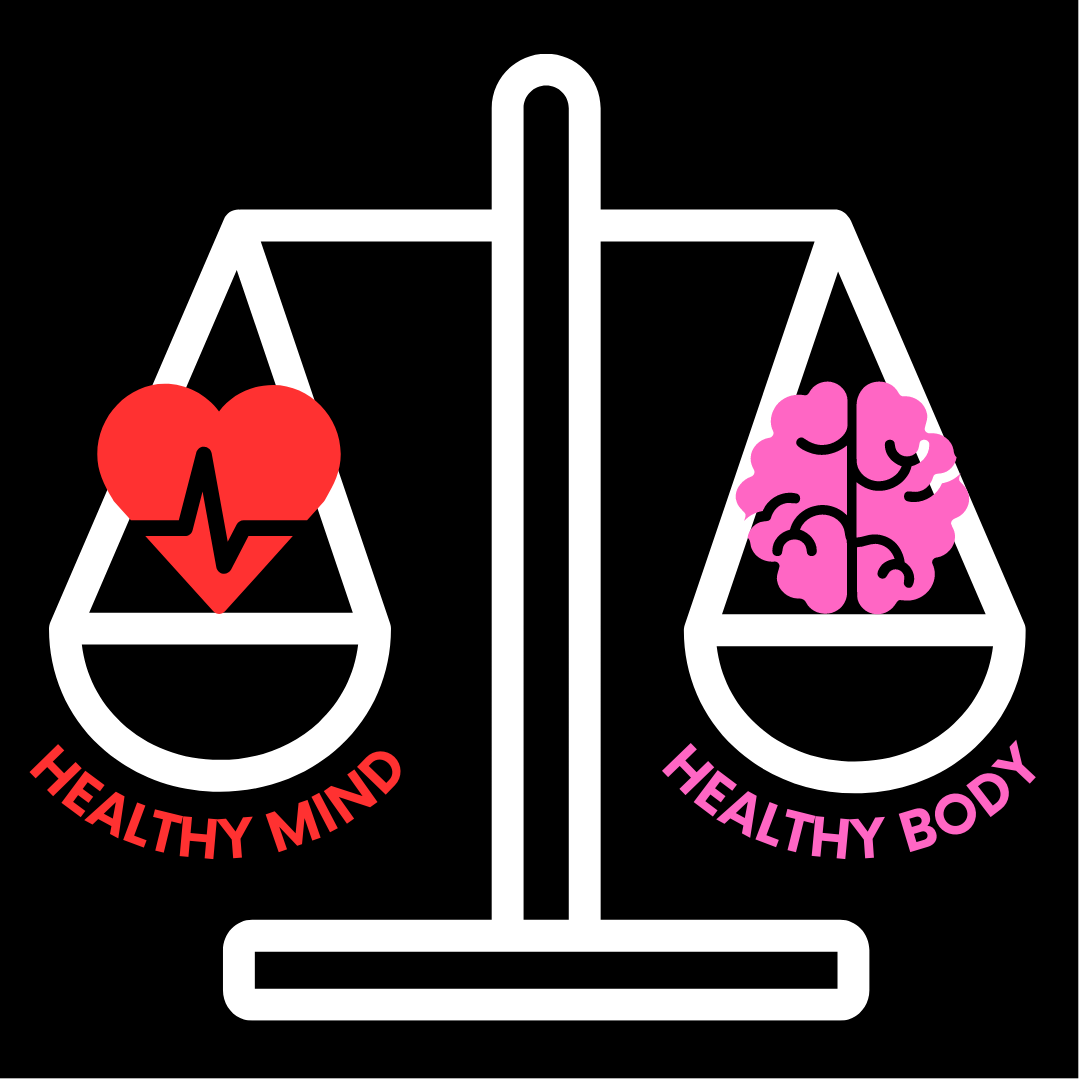“Have you…thought about going to the ER?” I had, and I wasn’t doing it. Even though I could barely breathe at the time, I refused to go there ever again. After hearing that question, all I could do was cry and repeat to myself, “I can’t go back there again.”
The effects chronic medical issues can have on mental health aren’t often talked about. It can greatly affect anyone but is not experienced by most. These experiences can have a large, and often negative, impact on people. This can especially impact young minds as it did with me. There were times when my friends would make jokes about my different ailments, and while we laughed, it helped. But even those comedic moments couldn’t erase the trauma I experienced as a young adult.
My junior year of high school was filled with classic teenage memories like prom, homecoming, childhood friends, and extracurriculars, but it was also filled with doctor appointments, surgeries, pain, and trips to the ER. The following four years were filled with the same memories and the trauma that came with them. During this time, I experienced a host of medical issues, all mostly unrelated to one another. Some were chronic, some not; some were minor and some put me in the hospital for days at a time. I was, at one point, going to the doctor every other day, and at another point, I was an inpatient being taken care of by nurses who brought me spaghetti from the hospital’s food court.
At the time, I hadn’t realized the effects that the past four years of my life had on my mental health. I obviously could see and feel that I wasn’t well physically, but I didn’t know the trauma I had until I thought about going to the ER again. It made me feel as though I’d never be healthy or okay ever again. That is a feeling that I can personally say no one should ever have to experience.
Something that does help with this trauma, besides time, is knowing that I’m not alone. I originally thought I was since no one talked about the trauma of constant medical issues, nor had anyone I knew experienced them as I did. I now know that there are others out there with similar experiences. In fact, RTI Health Advance found that over 48 million Americans live with a common chronic illness. While my experiences weren’t common, I have similar memories of doctor’s visits and medical procedures.
Mental health issues, on the other hand, are less talked about. Oftentimes physical health is seen as more important than mental health. However, research done by the Centre for Mental Health indicates that people living with medical issues are twice as likely to also have mental health issues. That means those 48 million Americans who experience chronic issues are twice as likely to experience issues with their mental health, which can have negative effects on their physical condition, as well as their life expectancy. Without good mental health, physical health will most likely plummet too.
For example, after finishing a stint in the hospital, I could finally walk and shower unaided by an IV pole or shower bench. However, I had a hard time taking care of myself. It was hard to get back to “normal,” whatever that was. I was back in the hospital less than a week later. At the time, I was supposed to be moving into my freshman dorm for my first semester of college. Instead, I had to drop out, and the depression I felt afterward made it hard to get better, physically and mentally.
However, I thankfully had family and friends to help me recover, but I know that not everyone has that. That is why mental health must be treated alongside physical health, especially with patients who experience chronic medical issues.
Sources:
https://healthcare.rti.org/insights/mental-health-and-chronic-disease-comorbidities

